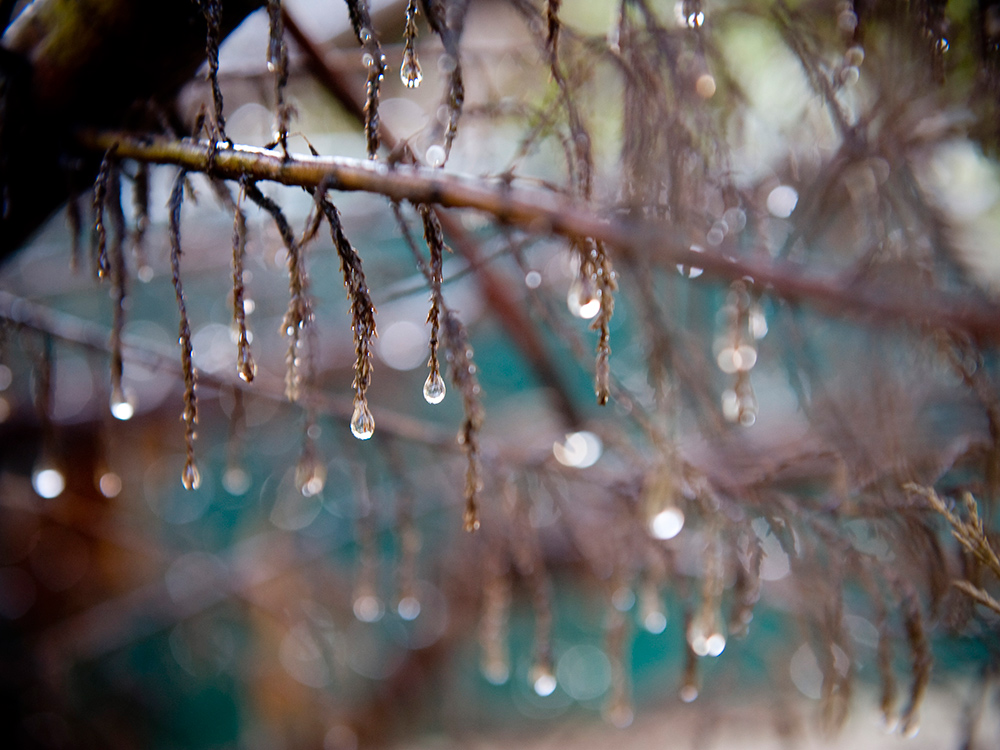
Only poets and little children…
Five words that capture the wonder and reverence with which children experience their world, if we let them.
We know children should have time outdoors, time with nature, time to explore water and earth and animals and plants. We schedule it in, between time doing academic work. We know that it helps to keep them healthy, to build balance and gross-motor control, to fight childhood obesity and to support the development of attention and concentration, to support mental health and anxiety. We talk about the outdoors in the ways in which it supports children’s learning indoors.
And it does.
And, if you need to use those benefits to justify scheduling more time for children to be outdoors, ok. Because it does do all those things.
But also, only poets and little children…
Time in nature is not only an intellectual benefit. It’s a human right. Space for wonder is a human right. Time to commune in nature is a human right. Not because it is a benefit to children’s academics, but because each child is a part of an integrated inter-reliance of life.
Think of the communities in which children have ample, open-ended time to be in nature, enough time to discover wonders on their own, to find the poetry of that communing, to feel water flowing over pebbles. Think of the space and the time and the dignity that is granted to children who are able to be outdoors, and ask yourself, if you believe, too, that it is a human right, whether that right is protected for all children.
Poets and little children.
Not just the ones whose parents are able to pay tuition, or those who live away from the city center, or those who have their own backyards.
When we protect the connection for some children, to wonder, to commune, to see their own influence on this integrated, inter-reliant life, but only for some, we perpetuate a new kind of disparity. Not just economic or vocational. Not just in the quality of colleges or incomes that will ultimately be available to some children but not others. But a disparity of wonder, an inequity of spirit, of beauty, and of the reverence for self and for others that comes with that.
All children have this right. And those of us who are in positions in which it is presumed have an obligation to protect it for the children who are not. We have an obligation to speak out, often and loudly, to challenge the ways in which we imprison children’s spirits by restraining the environments they can access with their bodies.
“The strength of even the smallest children is more than we imagine, but it must have a free play in order to reveal itself.”
When we think of children’s education, and especially when we think of reforms that we might support to remediate the structural obstacle to educating children in poverty, we often see academic-focused, militant interventions that de-wonderize childhood, that value children’s lives by their time on-task or by their achievement of particular reading levels or math standards. Their agency is sacrificed in exchange for adult-driven discipline, as though being able to sit quietly or track a teacher with their eyes will solve the systemic inequities of a broken system. We call them “scholars” and commend them when they are passive, when they sit without movement, when they make only those sounds we have instructed them to make.
And we take from them the joy of fascination, the ability to linger, to wonder, to commune. We roboticize them in the name of academic achievement, trading their humanness for the ability to walk in a line with other children without looking at what they’re passing.
But children should look. They should explore. They should wonder and diverge. They should “run outside when it is raining… remove their shoes when they find a puddle of water… run when a tree invites them to sleep beneath its shade… shout and laugh when the sun wakes them in the morning as it wakes every living creature.” Poets and little children. All of them.
